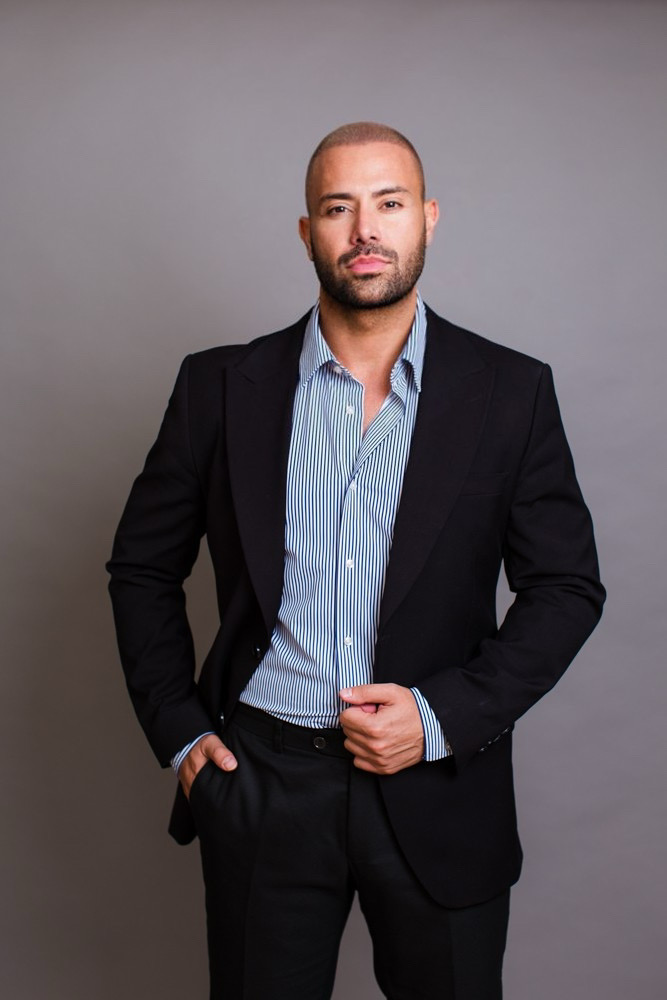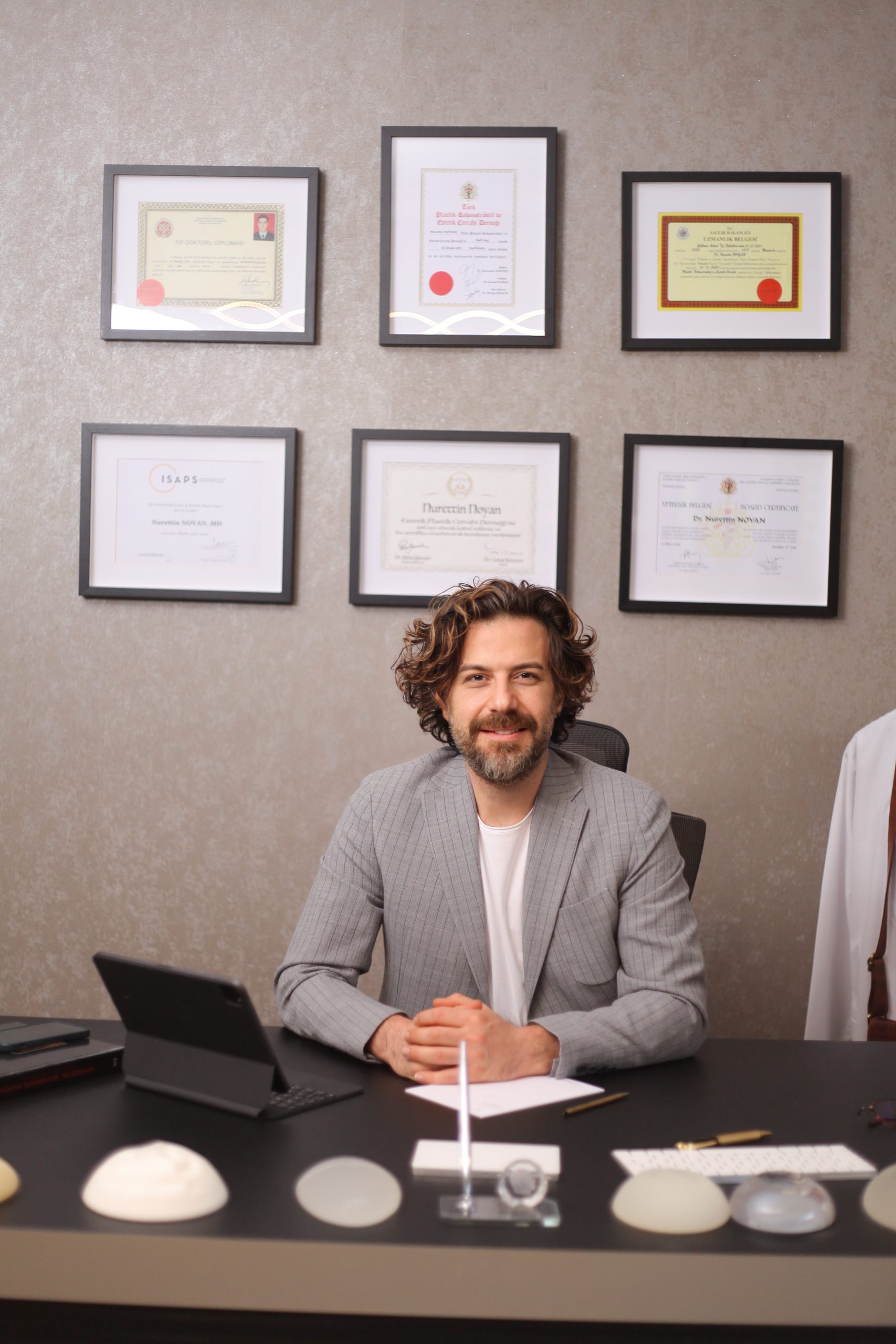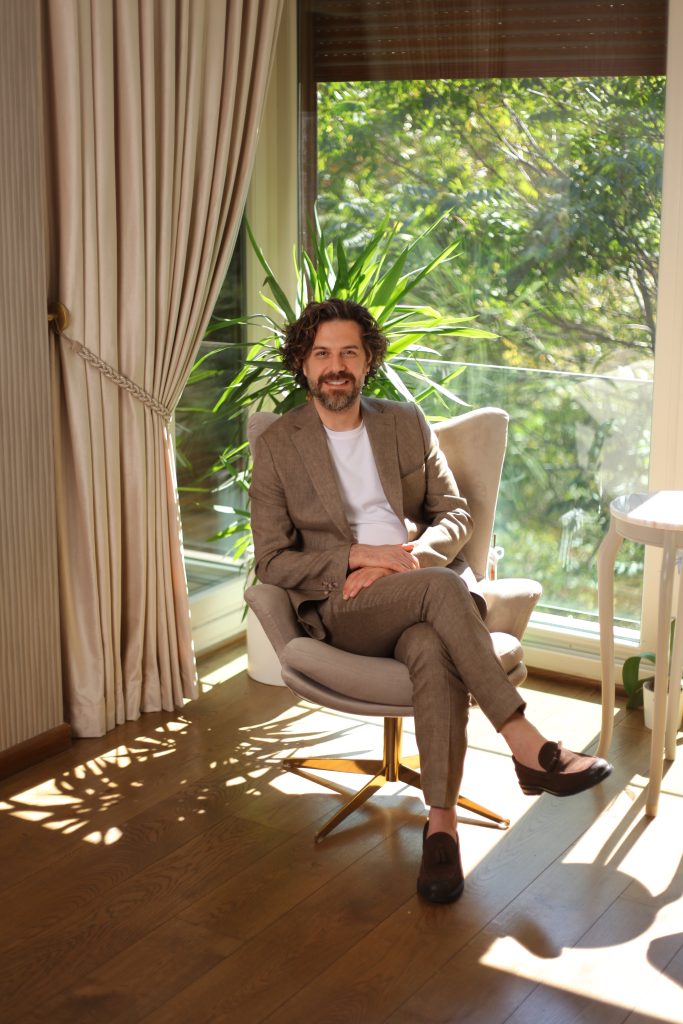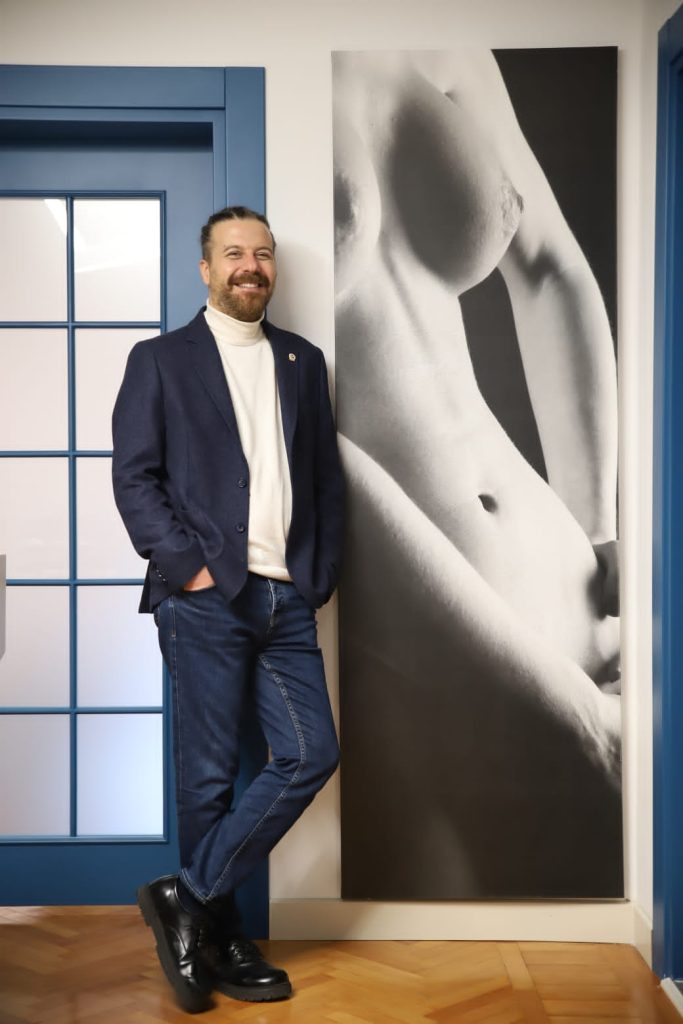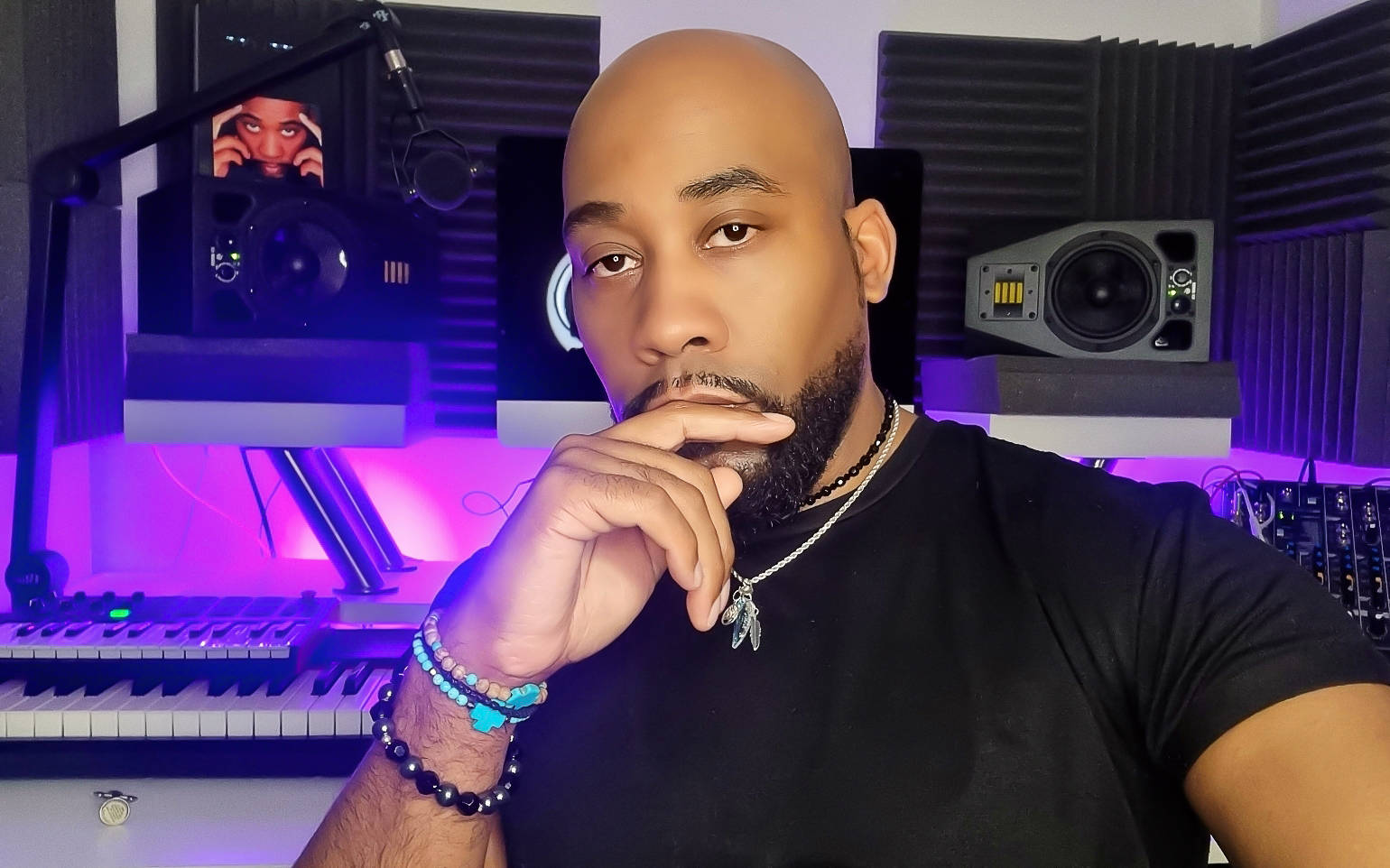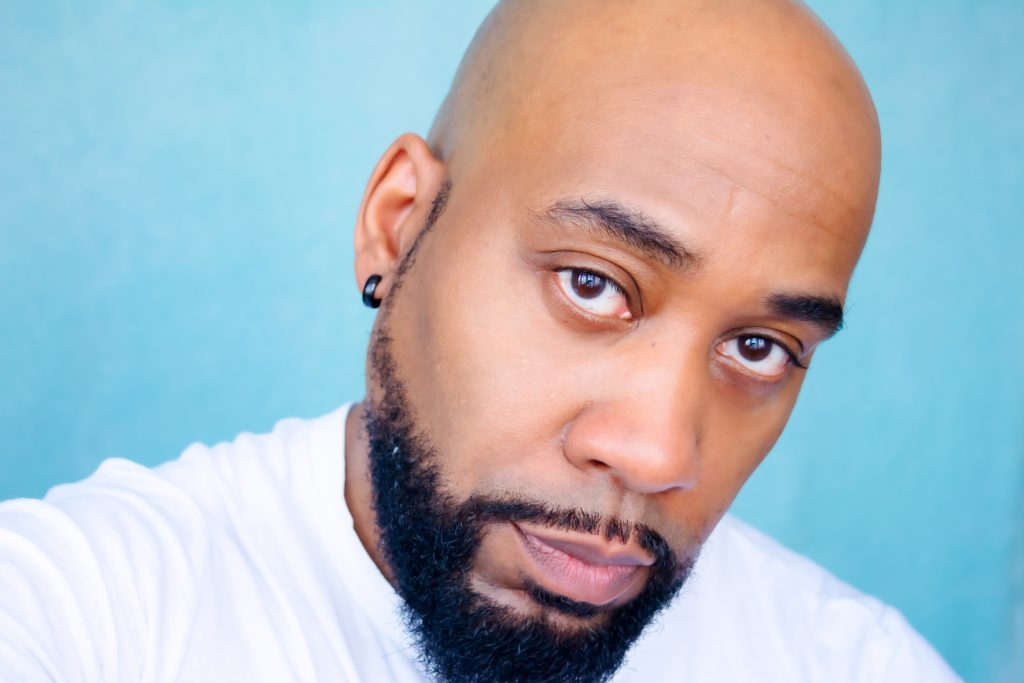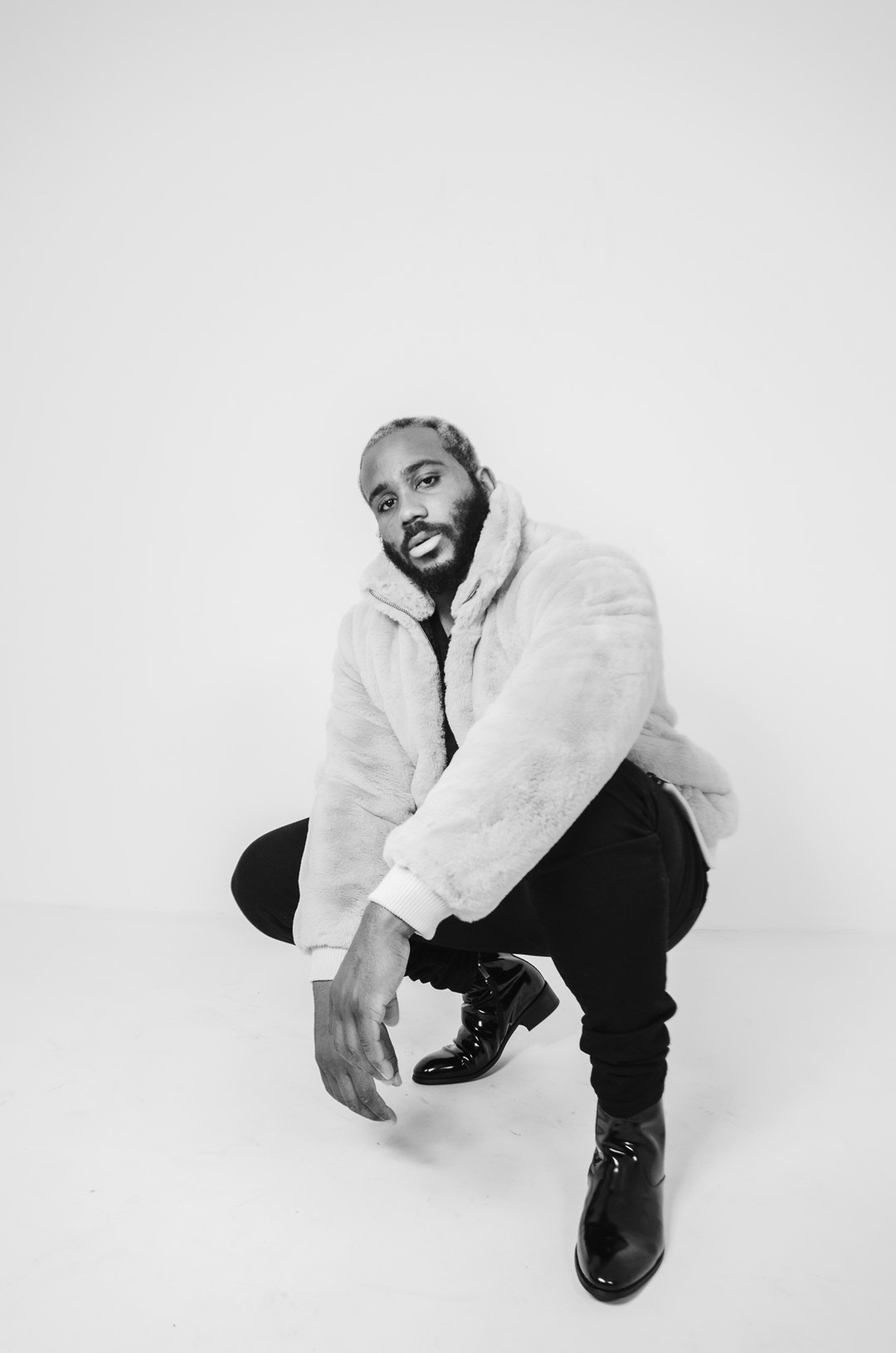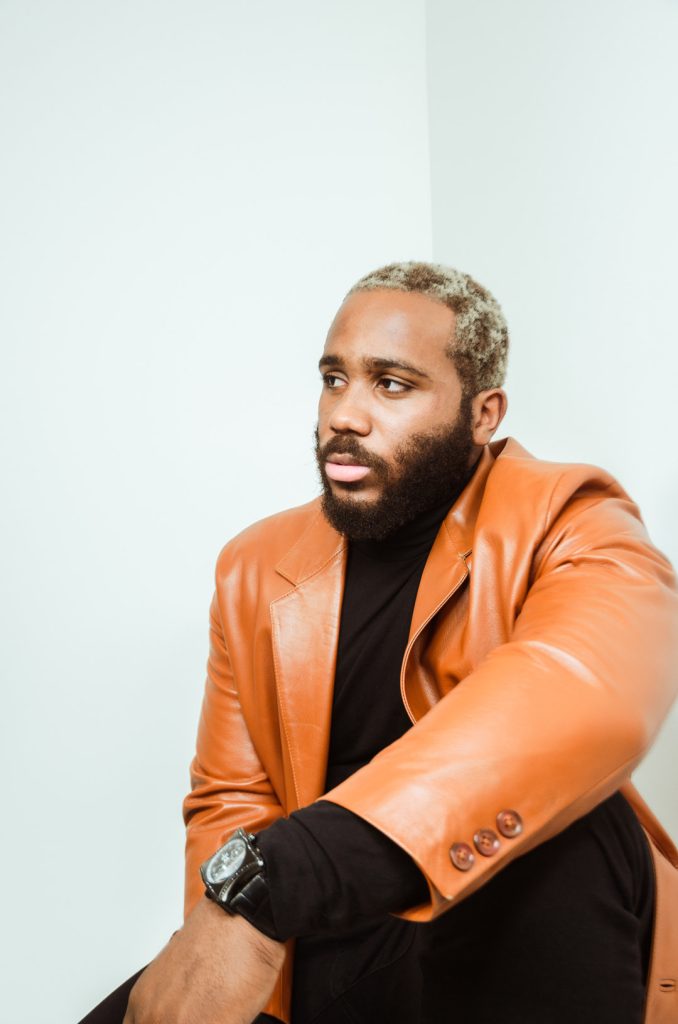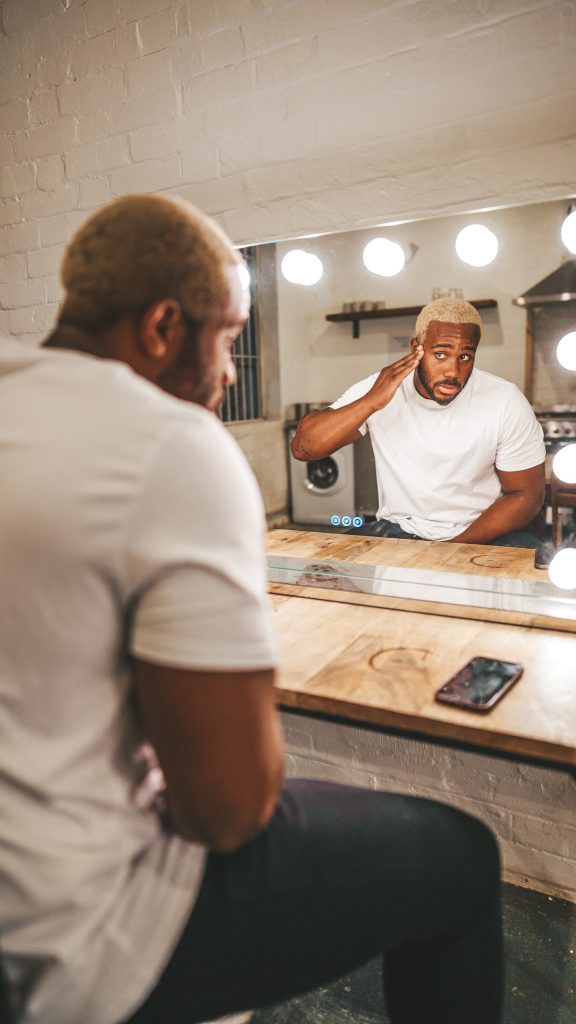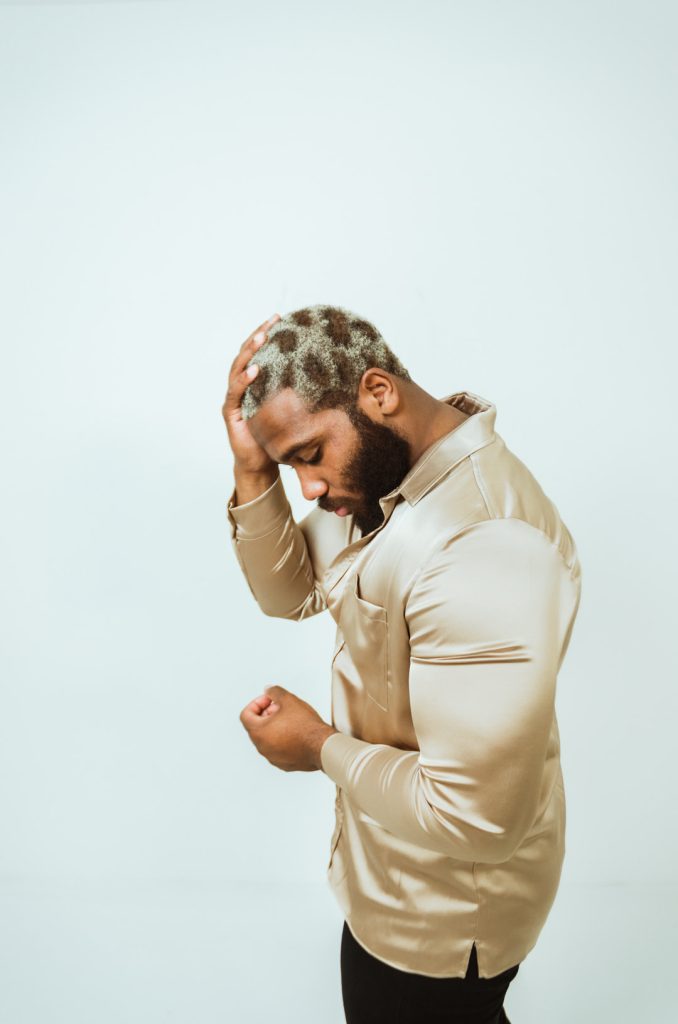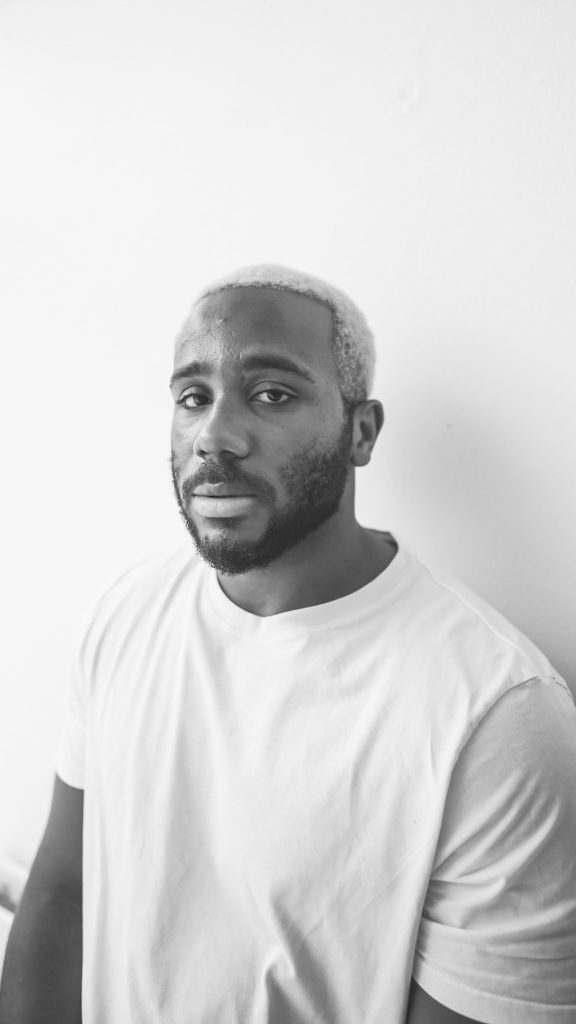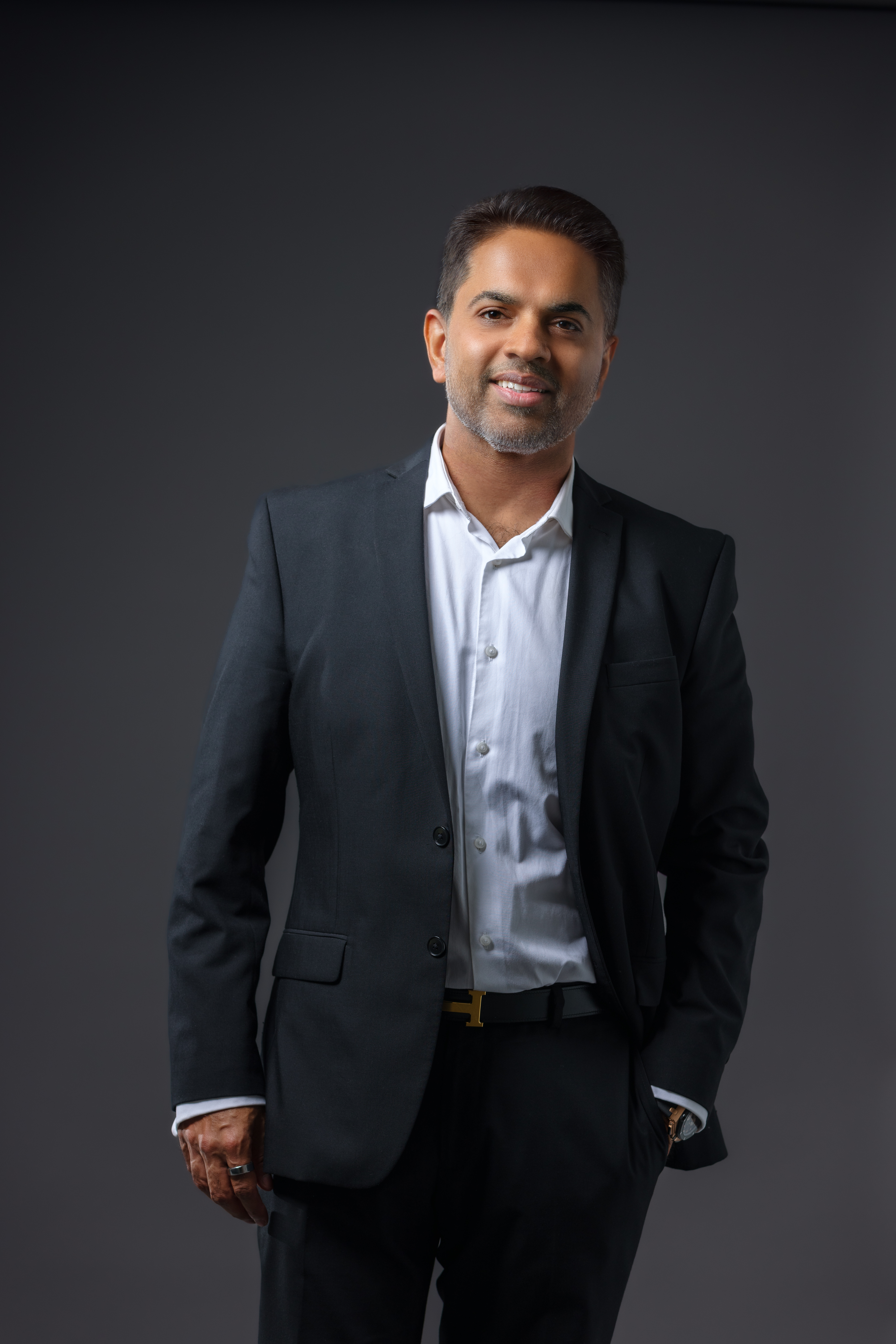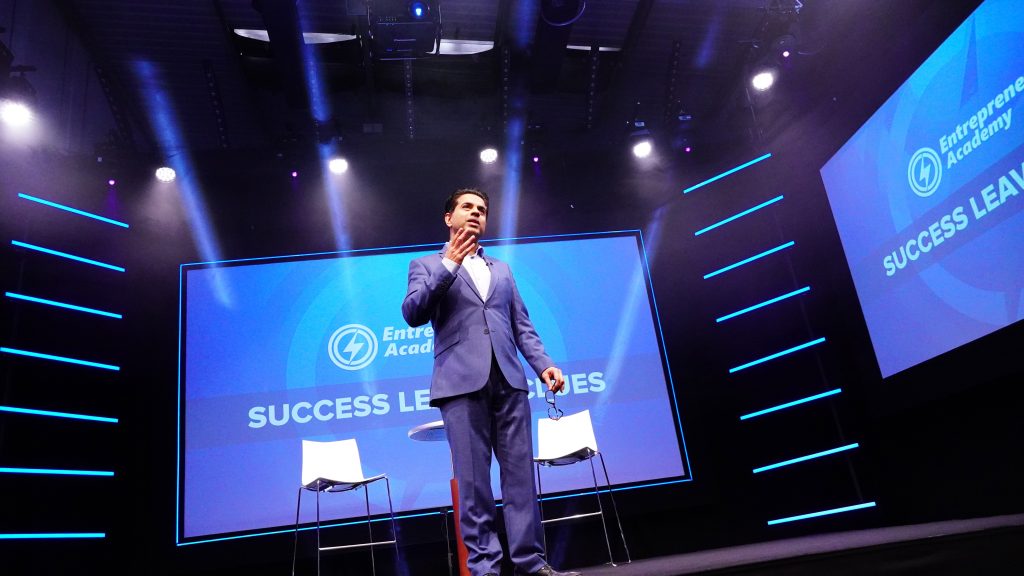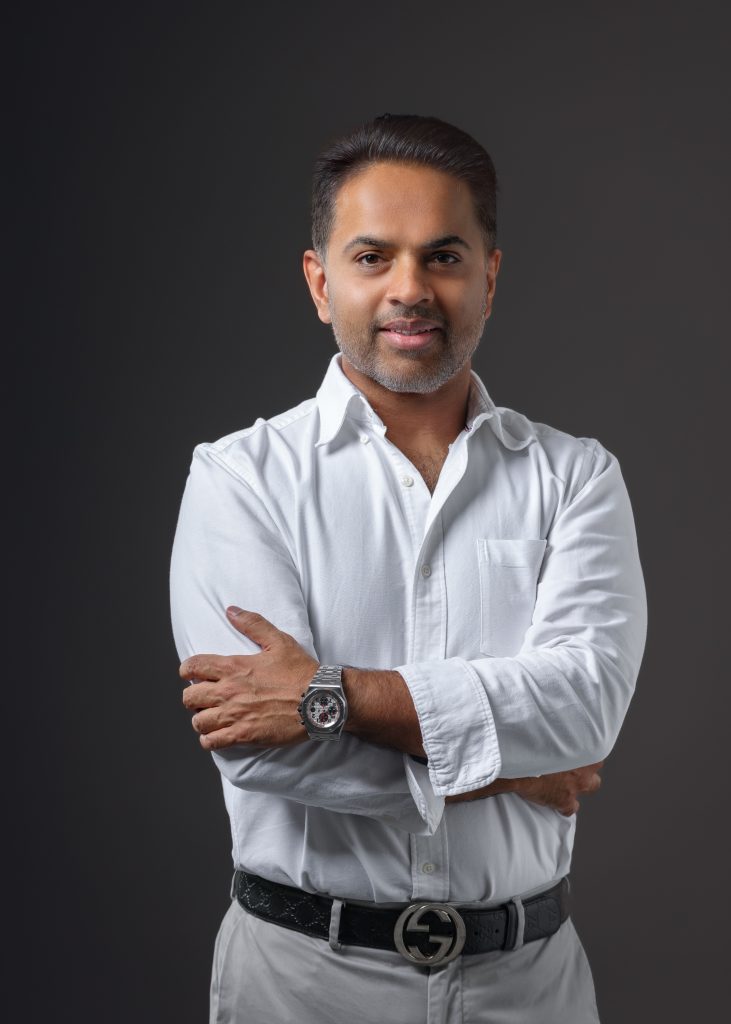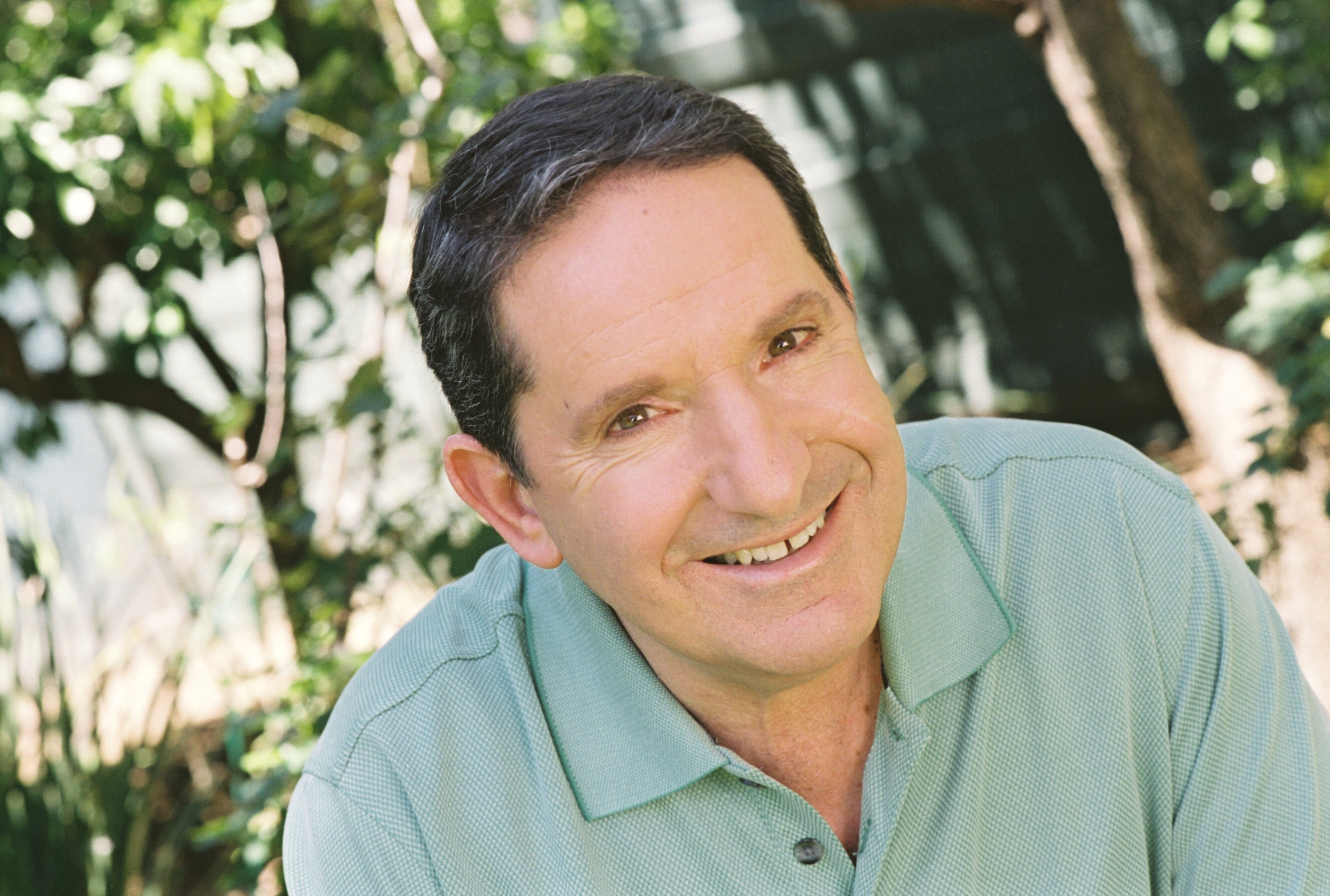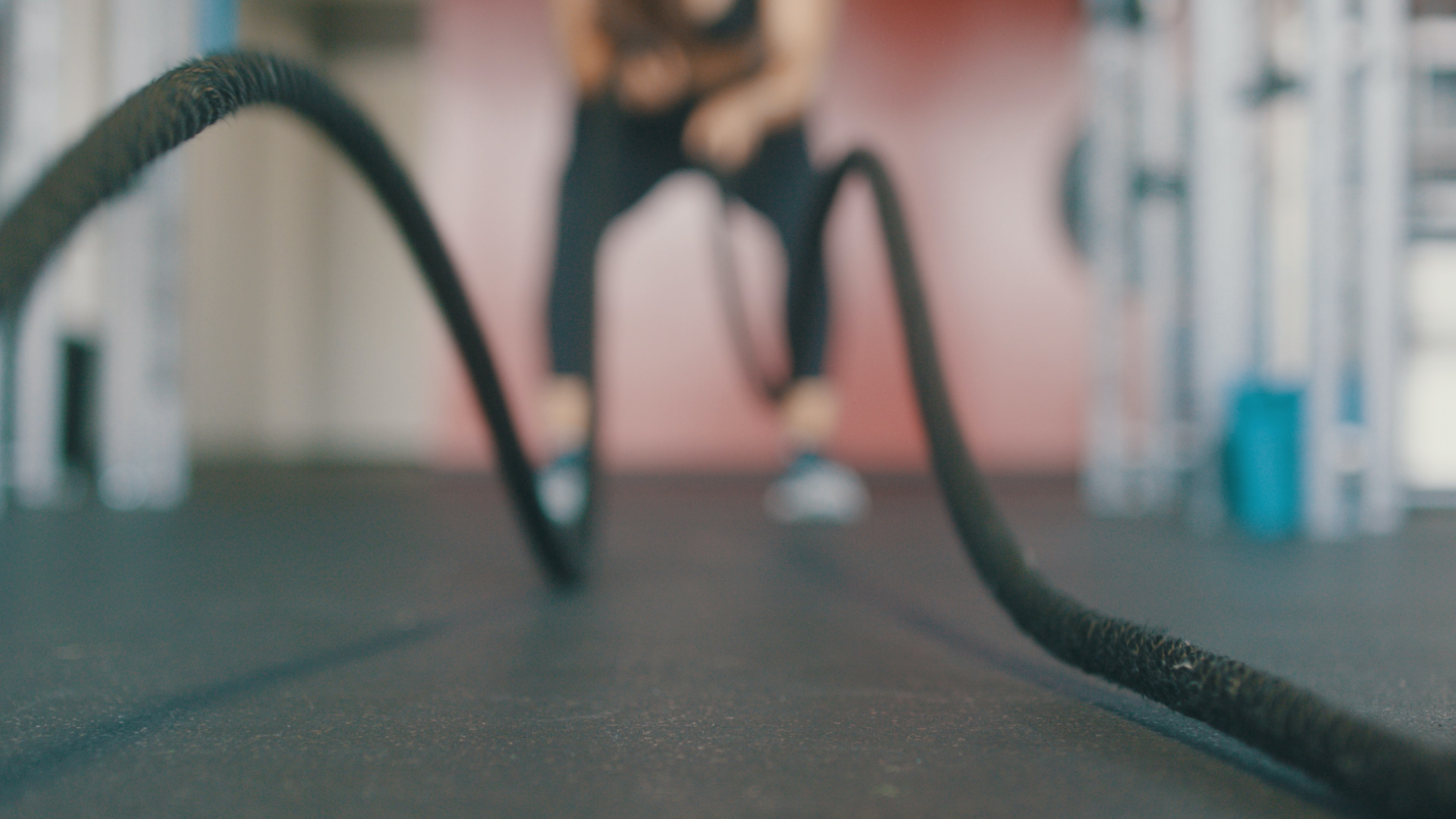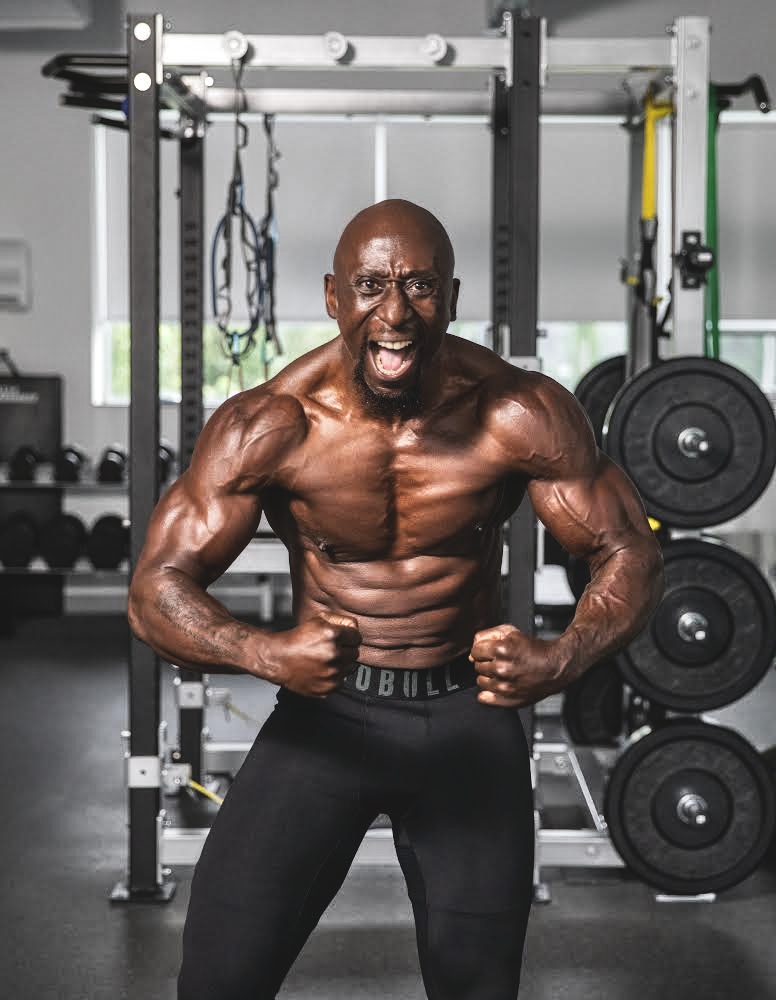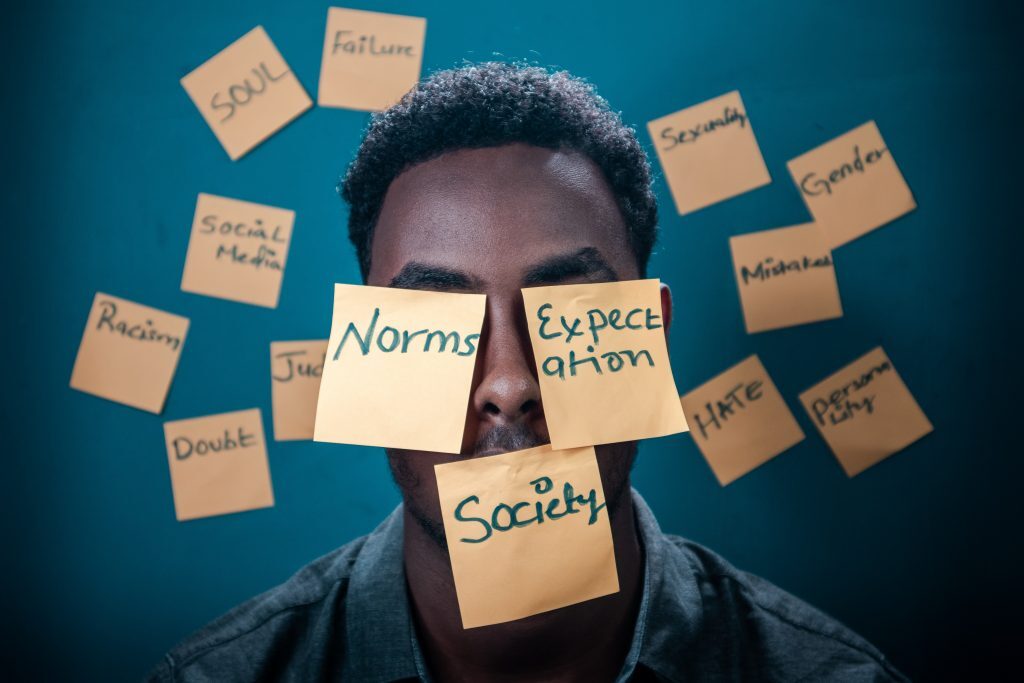Frederick, our guest speaker for today, has a busy schedule. He is a very well-known, popular, and successful businessperson.
In the United States, he has managed to build an empire by buying and selling businesses. He created one of the biggest law firms in the United States.
His radio show is definitively one of the top radio shows in the United States.
He supports entrepreneurs and women’s empowerment. His story tells us how he came from a very humble background. The person that Frederick has become today is a testament to his transformation.
When you see his journey and his success, it’s not something that happened overnight.
Frederick is very approachable, accessible, and supportive. He is a high achiever who works with others in communication to be there for them because he has already sorted out the existential need through his companies.
It’s not something that was handed over to him, but something he has built and made. Frederick generously shares how we can all do the same.
When it comes to success, I’m not really used to it. I’m used to struggling with every nickel. I’ve learned the three most important things in life, and if you remember these three things, as I always say, they will seriously increase your odds.
Frederick Penney
Three words: resist, resist, resist.
You have one of the most successful law firms—a definitive leader above competing law firms. In many ways, you’re already there. How do I get there and how does today’s Frederick Penney apply to everybody?
You can’t give up, no matter what. I’m not giving financial advice as a lawyer, but the odds of you becoming successful financially in your life are very high. If you follow a few principles that I’ve learned from three important women, you’ll succeed.
I’m a California boy, and I grew up in Southern California before moving to Northern California later.
I was raised by my mother, and I’m going to call her a Los Angeles woman. I mean, she’s an LA woman.
That’s all there is to it.
She loved the city. She loved the life of the city, and she taught me, much like my grandma Davis, about whom I will talk a lot.
My mother taught me how to love. She’s a very loving and kind person. One of those people that just loved everybody, you know! She’s the type that—as my saying goes, “I love everybody, but I just love some more than others”—cherished some more than others too. My grandmother on my dad’s side, as well as my dad, who raised us in a very rough household, also loved us highly.
My father, at 14, was on the streets. Biker gang kind of guy with tattoos, a tough Marine in the United States Marine Corps kind of guy.
He married this wonderfully sweet woman from LA, and that’s another whole story. But I want to talk about my mother’s mother, Myrna Davis.
Myrna Davis in the 1940s did something that most women couldn’t do or didn’t do. She opened her own supermarket, and she was one of the first women in LA to open a supermarket in the 1940s. It’s called Davis Supermarket. I’ve got pictures of it. I sat on her lap when she told me about it.
She was very entrepreneurial, a tough lady. Sweet and kind, but tough.
Wherever we moved, my grandma and grandpa would live near us. She calls me Freddy. Nobody else calls me Freddy; only she calls me Freddy.
Having lost a basketball game at 15, she asked me why I thought we lost. I told her I thought they were the better team, and then she said, “Well, why were they better?”
I said that because they were faster and made more shots. “Why did they make more shots, and why were they faster than you?” she asked.
She would not let me make an excuse because, remember, she’s been through an awful lot since the 1940s.
She did this often. But this time she really drilled down on me. She turned to me and said, “Freddy. Look, if you want to be the president of the United States, you just go be the president of the United States. The only one stopping you is you.”
Myrna Davis passed away in her twenties, and when they told her she had cancer, while everyone was upset, she turned to everyone and said, “We got to die of something.” And that was her attitude.
She was just a wonderful entrepreneur, a woman that just would not take no for an answer. Becoming wealthy takes time. For the vast majority, you don’t become wealthy quickly. I mean, it takes 30 years sometimes.
What is your philosophy, Frederick? Why do some people arrive sooner than some others?
I don’t know. Some people have approached me and said, “Fred, you were lucky.”
I put myself in a lucky position. So, I think if you put yourself in a position to become lucky, although some of it is luck, the positioning is important. The odds are in your favor, but you have to constantly grind, even in the right position.
Once, my dad and mom made me go work at Vega Brothers Ranch, where the saying is “from picking peaches to private jets.”
I started picking peaches in the fields when I was 13 or 14 years old, and that’s what I did every summer.
I learned all these lessons about working hard and coming from nothing. In fact, my controller—I have a full accounting department that runs my businesses—grew up in a single-wide trailer next to me as one of my best friends.
When it comes to success, I’m not really used to it. I’m used to struggling with every nickel. I’ve learned the three most important things in life, and if you remember these three things, as I always say, they will seriously increase your odds.
Three words: resist, resist, resist.
What do I mean?
Picture my friends buying big homes, Lamborghinis, Ferraris, Corvettes, and so on, while I stayed at home in this little humble house for 10 years and saved just about every nickel I had.
I invested in other companies. I invested in real estate. I bought companies; I built companies. I bought real estate. For 10 years, I stayed in that little humble home because I wanted to take that money and invest it. I resisted getting the Ferrari, and I resisted building the big mansion.
I resisted going out to expensive dinners. We went to cheap places. We went to Walmart and the $9-a-plate restaurants. That’s what I’ve done my whole life because it didn’t bother me that I didn’t have money. It didn’t bother me that I didn’t have those things.
Today, Penney Lawyers has offices in 45 states (46 with partners) in the United States. As I built that practice, I’ve always remembered the words.
Resist, resist, resist. It doesn’t matter if you make a thousand dollars a month. Or 150,000 a month. It’s still the same issue.
Resist, resist, resist.
How can we deal with the big problems—the mindset and personality factors that contribute to our success? Do you think genes have an impact on us?
People ask about my business sometimes, and I tell them I’ve never failed. Some people have the attitude that this is boasting. When it comes to being negatively minded, I think some people have personalities that are naturally formed that way. I have a PMA attitude—a positive mental attitude. I reframe others’ problems as challenges. We don’t have problems in life. We have challenges.
I teach people that.
You just keep going forward. And that’s the way I am. I started this from nothing and built it from nothing over 31 years. It doesn’t come easy. I just grind, and I still grind to this day, but I have a positive attitude.
I don’t look at the political aspect either.
It doesn’t matter what’s happening. I’m going to have a positive attitude. I’m going to adjust my sail on my boat, and I’m going to ride the winds of change. That’s the way I approach this.

What do you think can be done by people like you to bring more justice to this world?
Well, I mean, here’s the thing that’s interesting. That’s what we do. That’s what our partners do. We help people in the worst times of their lives. That’s what we do.
But when it comes down to some women who are in another country and have little or no freedom, this service and the circumstances change in a difficult way. It is hard to comment. I did come from privilege because I was born free in the United States.
I did not come from money. I did not come with a lot of the privileges that money buys across the globe.
It’s hard because some people have it much more difficult than we do. Even though growing up was rough, it wasn’t anything compared to other people in the world. I count my blessings on that.
It’s hard to say, “Oh, this is what you need to do,” when I’m coming from the United States or you’re coming from London, where we have a higher level of freedom and security.
What can be done, and what can we do? You just help people.
I open my doors to so many people. There’s a downside, unfortunately. Some people take advantage of it. I don’t have time for everybody to be helped. Help is what I instill across my companies, right? I don’t have just a law firm.
I have a fast-food restaurant, chains that I’ve built, water parks, and entertainment centers. So, I’ve done a number of things, but I try to teach staff to help others.
You do the best you can to help others, but you just can’t do it all across every population. It’s not just about money.
Everyone thinks it’s a question like, “Oh Fred, can I have 10,000?” but no. It is not. That’s not going to solve the problem. Helping people become more aware and mentally strong is part of solving the global issue.
To avoid getting overly political, I will not mention what the Ukrainian women are going through right now. I can’t understand it. It’s brutal. Right? And how do we help people across the country and across the globe?
I do the best I can, but I can’t solve everyone’s issues.
Everybody has a vision. So, if I ask you, what is your biggest mission?
At the end of our journey through life, we each have an epitaph, a couple of lines on our stone. But the grave and hole are the same size, rich or poor, and I saw a picture the other day drawing on this comparison.
What’s important are relationships. Children: I have children and grandchildren. I have a wonderful wife.
By the way, it is my wife of 37 years who stuck by me as a nurse and put me through law school. She has helped build this with me. She’s a little different, is very reserved, and does not want any fanfare. She hates fanfare, but she’s the rock behind me, right?
I admire her and thank her for putting up with me for 37 years.

You are always dealing with legal issues, justice, and injustice, so what is something you practice that helps in managing and maintaining a positive mindset?
So that’s very difficult.
I’ll come across people in different states or in California who literally know my voice. “You’re the host of Radio Law Talk,” for which I’ll say again, we’re the second largest radio show in the United States.
It’s not a podcast; it’s a radio show that we podcast called Radio Law Talk. People walk up to me and say, We know who you are, and you’ve sued my family. You sued my company, and you sued this. There are thousands of lawsuits going on. My name’s on it.
I’ll tell you, that’s a very difficult thing that I’ve struggled with not knowing how to handle.
Unfortunately, that is how the world operates. I always say, “Well, that means I’ll help someone else out.” Maybe someone lost on the other end, but I helped people out.
I get it. People always say, “This person doesn’t like you.” I don’t like lawyers either.
I don’t like every lawyer, and I get it if I’m not liked by every lawyer. I’m okay with who I am, and I’m okay if someone doesn’t like me. I’ve learned that I should not worry if someone doesn’t like me.
That doesn’t mean I don’t want to do the best I can in this world. But if you worry about what everybody thinks of you and if they like you or not, you’ll go crazy and have a difficult time succeeding.
Someone who is too worried about that needs to know they just have to do the best that can be done.
Help others as much as you can and build relationships as best you can, and then move forward.
Tell us a little bit more about your radio show. How did you go from practicing law to experience big success in the media as well? Tell us a little bit more about your love for the media and your radio.
I met a guy by the name of Cal Hunter who is a three-time Emmy Award-nominated producer and/or newsperson. We came up with this collaboration, and, as I built my national law firm, I’ve developed on social media.
For those of you who do not know, it is Frederick William. Frederick Penny One is my Instagram, and I push social media a lot.
On a side note, our law firm has represented talkers, Instagrammers, and YouTubers out of LA. Because we are an LA office, I know a lot of these influencers, and they’re kids, by the way.
So, my producer says, “Why don’t you do a national radio show?” So, I said, okay.
I got on the local radio show, and I started Radio Law Talk. It was boring. It was the worst thing you could ever do. It was a legal discussion. And then I took the paper that I had all my notes on. I had all these notes on how I was going to run everything.
I threw it away, and I said, “You know what? Just be yourself.”
I studied the legal issues of the day and the cases of the day, and I just started talking, and that’s when it started to take off. Next thing you know, a JOR in Georgia, Idaho, New York, Chicago, all the stations, started picking up my show. Then we started building this six years ago, and now I think we’re in almost every state in the United States.
Stations pick us up. I have affiliate relations with a manager who just emailed me. Three new stations just brought us on for our next week and on to the week before.
This is my mantra for our show: “It’s the most exciting, entertaining, and only sometimes informative show on earth because we make it fun.”
Johnny Depp’s highly publicized trial was the greatest trial. I mean, we followed Johnny Depp’s trial closely. We talked about the legal issues. And the show has just boomed.
I built my own studio with Cal Hunter near my home, and it just continues to grow.
He and I built this thing six years ago, and it took off.





